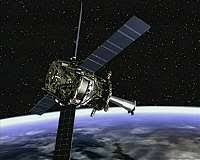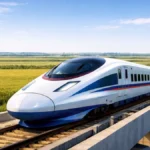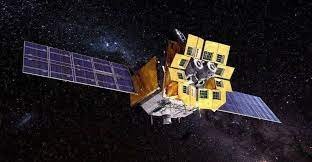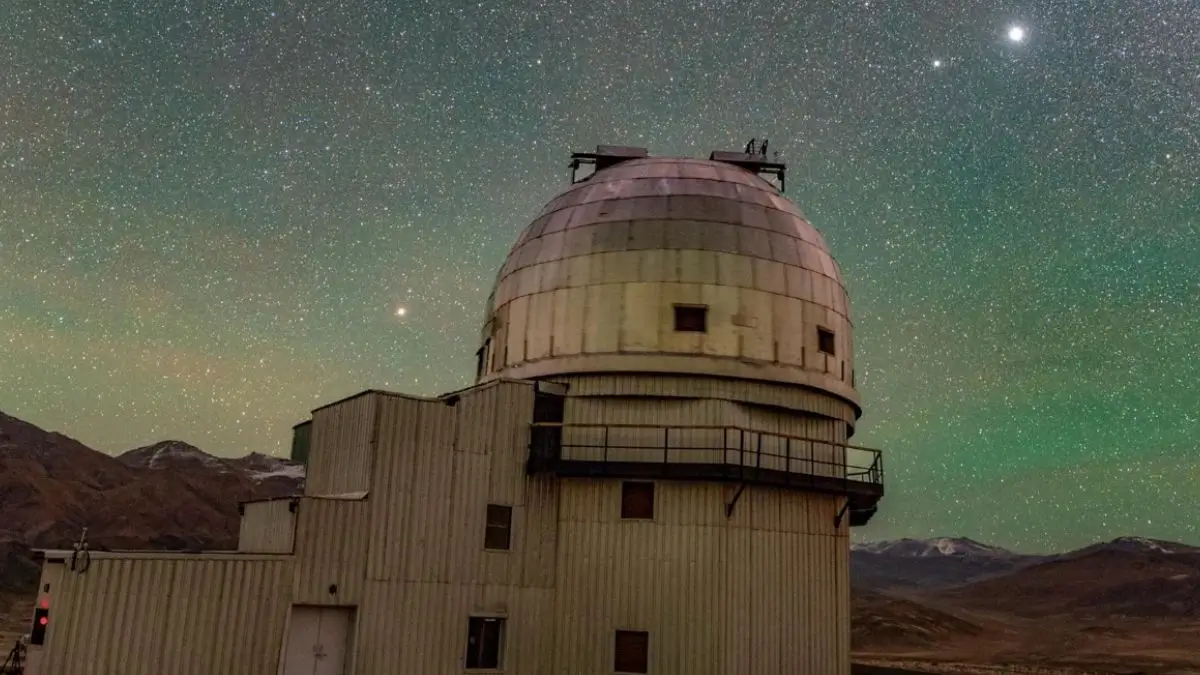China Deploys Einstein Probe: A Lotus-Shaped Satellite to Monitor Cosmic Turbulence
China has recently made significant strides in its space exploration endeavors by deploying the Einstein Probe, a cutting-edge lotus-shaped satellite designed to monitor cosmic turbulence. This breakthrough has far-reaching implications, particularly for aspirants preparing for various government exams, including positions in education, law enforcement, banking, railways, defense, and civil services like PSCS to IAS.

Why this News is Important:
1. Advancement in Space Technology: China’s deployment of the Einstein Probe showcases its remarkable progress in space technology. The lotus-shaped satellite is equipped with advanced instruments, allowing it to delve into the intricacies of cosmic turbulence. This technological leap is crucial for students aspiring to join the defense and space research sectors.
2. Insights into Cosmic Turbulence: The satellite’s primary mission is to monitor and analyze cosmic turbulence, providing invaluable insights into celestial phenomena. This is of utmost significance for students preparing for civil service exams, as it aligns with the evolving trends in space research and exploration.
3. Relevance to Defense and National Security: Understanding cosmic turbulence has implications for national security, especially in the context of space-based technologies. Aspirants eyeing positions in defense and strategic affairs should pay close attention to this development, as it may influence policy considerations in the future.
Historical Context:
China’s space program has witnessed significant growth over the past few decades. From launching its first satellite in 1970 to becoming the third country to send humans into space, China has consistently expanded its capabilities. The deployment of the Einstein Probe is part of a broader strategy to assert itself in the competitive field of space exploration.
Key Takeaways from “China Deploys Einstein Probe: A Lotus-Shaped Satellite to Monitor Cosmic Turbulence”:
| Serial Number | Key Takeaway |
|---|---|
| 1. | The Einstein Probe signifies China’s advancements in space technology. |
| 2. | Its primary mission is to monitor and analyze cosmic turbulence, providing crucial insights. |
| 3. | The development is relevant to defense, national security, education, and international collaboration. |
| 4. | Students should be aware of the potential impact on research opportunities and academia. |
| 5. | This mission reflects China’s ongoing commitment to space exploration and technological innovation. |
Important FAQs for Students from this News
Q1: What is the Einstein Probe, and why is it significant for China’s space program?
A1: The Einstein Probe is a lotus-shaped satellite designed for monitoring cosmic turbulence. Its significance lies in showcasing China’s advancements in space technology and contributing to our understanding of celestial phenomena.
Q2: How does the deployment of the Einstein Probe impact students preparing for government exams?
A2: The deployment impacts aspirants by highlighting advancements in space technology, potential collaborations, and the relevance of cosmic research to diverse exam domains such as defense, education, and international relations.
Q3: What are the key takeaways for students from this news article?
A3: The key takeaways include China’s technological advancements, the satellite’s mission to analyze cosmic turbulence, its relevance to defense and national security, potential impacts on education and research, and the prospects for international collaboration.
Q4: How does the Einstein Probe contribute to China’s broader space exploration strategy?
A4: The deployment is part of China’s continuous efforts to assert itself in the competitive field of space exploration, showcasing its commitment to innovation and technological progress.
Q5: What historical context is relevant to understanding China’s space program and the Einstein Probe mission?
A5: Understanding China’s space program’s historical context, from its first satellite launch in 1970 to becoming the third country to send humans into space, helps appreciate the significance of the Einstein Probe in the broader trajectory of space exploration.
Some Important Current Affairs Links

















